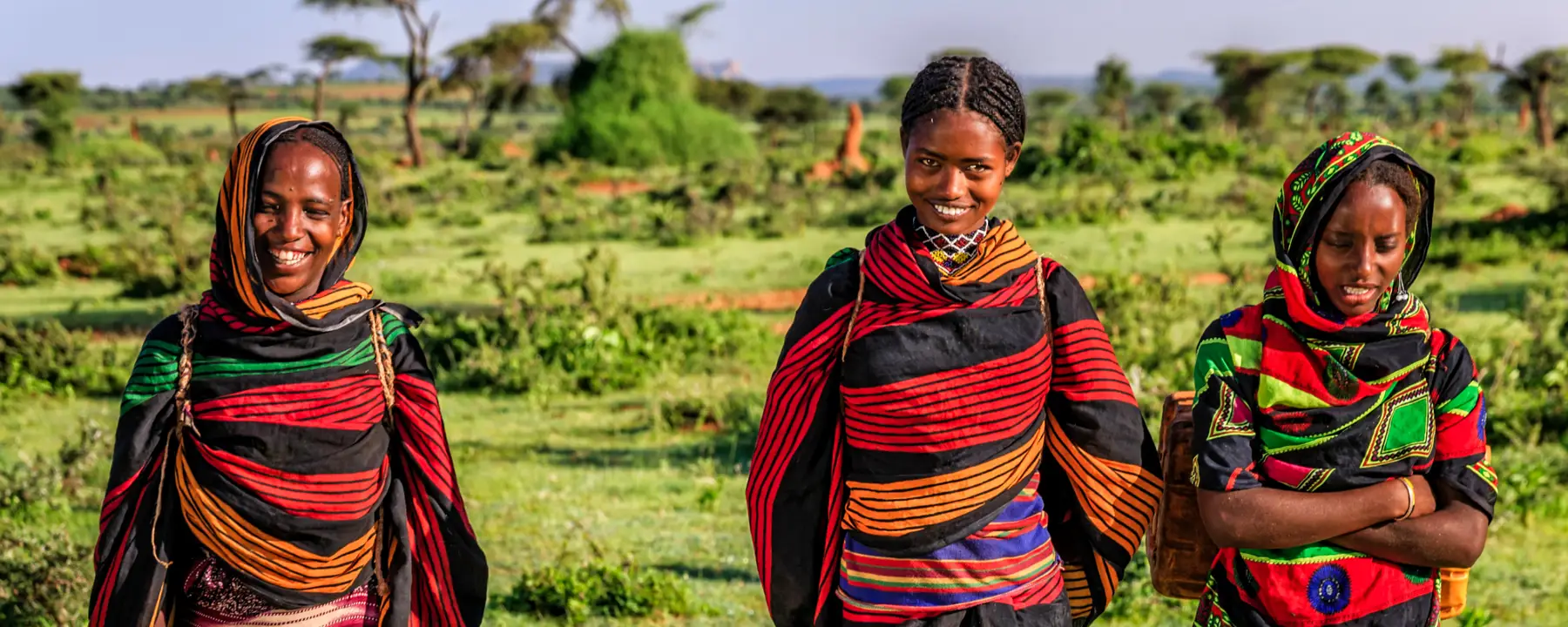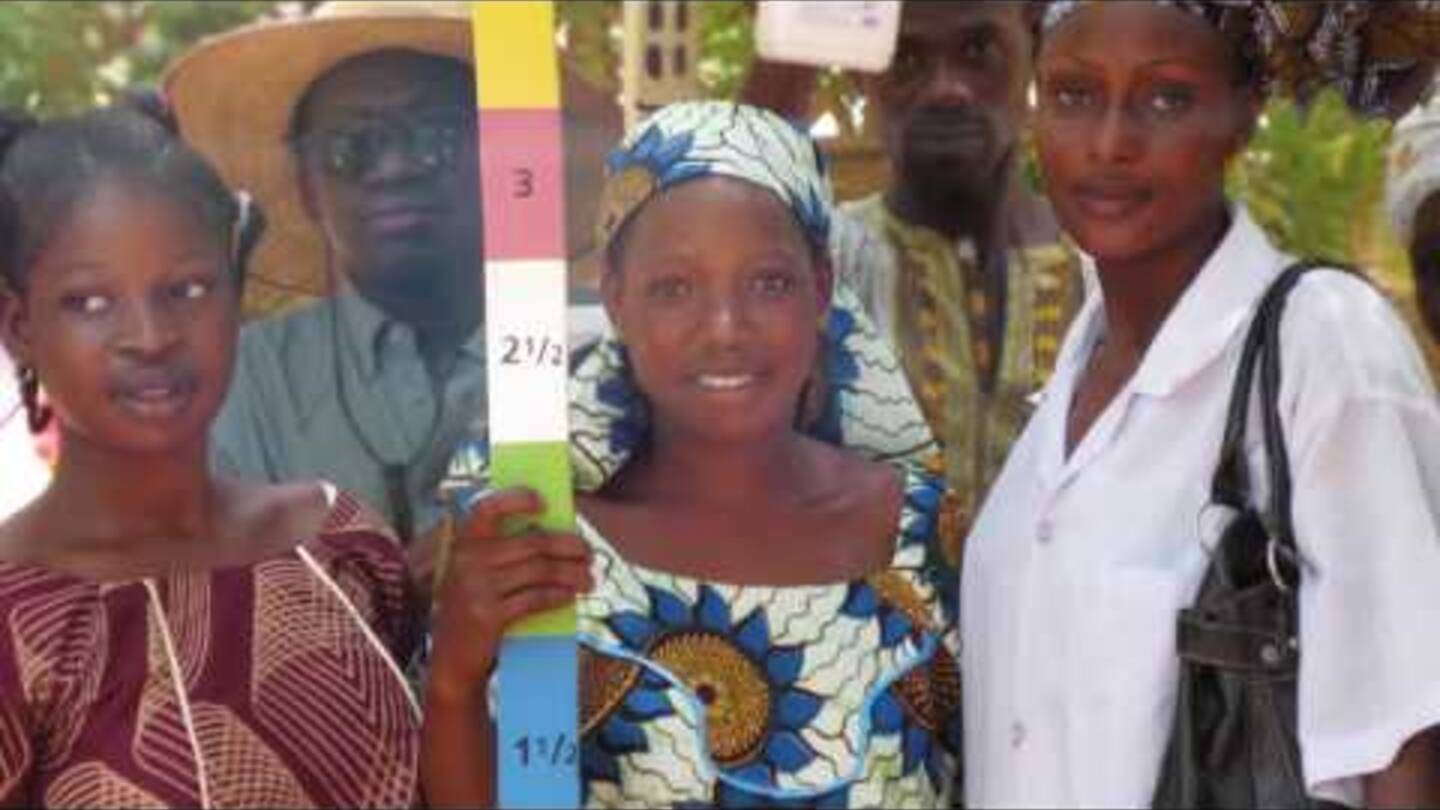Saving sight and relieving disability in Ethiopia
Ethiopia has one of the largest burdens of neglected tropical diseases (NTDs) in the world. Through the U.S. Agency for International Development (USAID) Morbidity Management and Disability Prevention (MMDP) Project (2014–2019)
Using simple surgery to prevent blindness
Trachoma is a bacterial eye infection that, in its advanced stages, can cause eyelashes to painfully scrape the cornea and ultimately lead to impaired vision and blindness.
In collaboration with the Ethiopian Federal Ministry of Health, regional health bureaus, partners, and community-level health-extension workers, we expanded access to a simple surgery that corrects the position of the lashes, relieving patients of pain, preventing further vision loss, and improving quality of life. Local partners trained surgeons to safely perform the procedure with the assistance of a state-of-the-art surgical simulator called HEAD START. They also trained health-extension workers and others in the community to identify suspected cases of advanced trachoma and provided counseling to encourage patients in need to undergo the surgery. Surgeries were provided as a routine service in eyecare units and health centers, as well as via outreach opportunities and mobile teams, when surgeons travel closer to communities.
As a result of these efforts, 1.7 million people were screened for trachoma and 69,000 people received sight-saving surgery.
Relieving disability caused by lymphatic filariasis
Through the MMDP Project, we also improved the lives of people affected by lymphedema and hydrocele, two conditions that can result from LF infection. Characterized by enlarged and swollen limbs and scrota, respectively, these conditions are painful, debilitating, and can seriously affect the victim’s quality of life.
Local partners trained surgeons by means of an innovative surgical simulator developed by Helen Keller International called FASTT. This ensured that surgeons use a standardized approach when performing the procedures that relieve hydrocele. Over the course of the project, 789 hydrocele surgeries were completed. We also trained health care providers and patients about how to properly manage and care for lymphedema.
At the policy level, we helped the Federal Ministry of Health in Ethiopia to develop an action plan to eliminate LF and advocate for additional resources.
Mainstreaming NTD efforts into the health care system
Our experience has shown that integrating project activities into the broader health system leads to more efficient and effective services. For example, we have trained clinical healthcare workers to take care of lymphedema patients and post-surgery hydrocele patients in their home communities and supported the integration of a lymphedema management curriculum into nursing schools to help ensure that all newly trained nurses know how to care for these conditions.
We also worked with several medical schools to integrate FASTT techniques into their curricula. These mainstreaming efforts have helped to ensure that every person affected by trachoma and LF in Ethiopia receives the care and support they need.
While the work under this project in Ethiopia has ended, RTI’s ongoing involvement in NTDs allows us to leverage our global presence and partnerships with Ministries of Health and reach those suffering from the debilitating effects of NTDs with the high-quality treatment and care they need.
- Helen Keller International (lead)
- Fred Hollows Foundation
- Light for the World
- Surgical Society of Ethiopia
- National Podoconiosis Action Network







